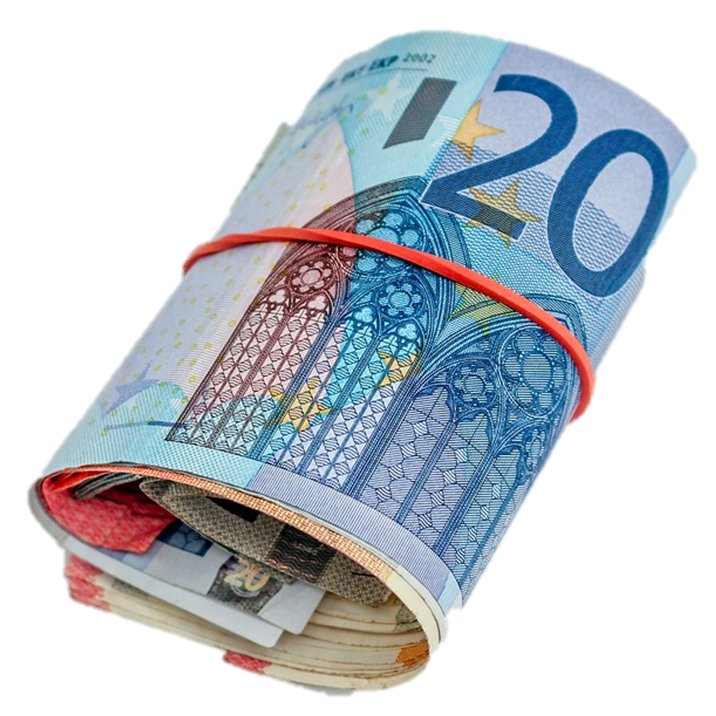Only a few weeks on from the EU referendum, which returned a resounding Brexit result, one of the questions we are continually being asked is what are the implications for the UK tax system?
Public perception is that the EU has significantly impacted upon us with additional tax legislation and in the case of VAT this is certainly the case. Actually if you want to be historically correct you can blame the French for the concept of VAT as they introduced the system upon which the tax is based shortly after WWII.
Traditionally the UK has more zero-rated items than any other EU member state, this is largely due to our history of taking the approach of focusing taxation on luxury items. Now that we are on the route to Brexit it would take a very brave Chancellor to suggest extending VAT to include more basic items.
The EU has been on the road of making VAT a common system to all countries within the single market for quite some time. However the deadline for the end of a transitional period before this was meant to be the case has come and gone back in 1996.
Successive UK Chancellors and governments have been consistent with their view that UK agreement to any Europe wide VAT system is dependent upon this country retaining its right to zero-rating basic items. Now we’re on the road to Brexit it’s highly unlikely that this will change even if it became a negotiating point as part of those all important trade agreements.
The approach that the European Commission now appears to be following is to allow an intra-EU system that applies VAT rates of the destination country and those countries being given more flexibility in setting the rate of VAT. This approach does mean that the Mini One Stop Shop mechanism (MOSS), which currently only applies to some broadcasting, telecommunications and electronic goods and services to non-business customers in EU countries, is likely to expand to cover all, though we don’t yet know the likely timescale for this.
The definition of what constitutes those goods and services currently under MOSS is pretty wide but some businesses trading with European companies won’t have come across the system before if their goods and services are more traditional.
In simple terms – if a business currently sells anti-virus software to private individuals in France it charges French VAT at 20% on those sales.
A MOSS registration with HMRC is likely to be the most suitable way of paying these overseas taxes in most cases.
This allows businesses selling electronic services to non-business customers in another EU country to get a single registration with HMRC and submit a single electronic return that will show tax payable in each EU country. This electronic return will need to be submitted in addition to the existing UK VAT return. This single return is the only way of avoiding overseas VAT registration.
It’s worth noting that the place of supply for business to business supplies and all supplies to customers outside the EU will be unchanged, and will be where the customer is located in both cases. That probably sounds rather complicated and it’s likely it will introduce a huge increase in the amount of regular administration that companies doing business within Europe will have to complete. Well if the MOSS mechanism is extended – it will.
Given this there’s no point trying to second guess the next evolution of any of the UK collected taxes, as a business owner you’re far better off ensuring that your tax affairs are in order and that you are complying with HMRC requirements.
If you think the MOSS system already applies to your services, we can help you register and understand the requirements. We can also assist with a tax overview of your trading activity to make sure you’re in good form come any likely changes brought about by Brexit.
Oh and the answer to that original question of what’s going to happen to the UK tax system? The short answer is simply ‘who knows?’. The slightly longer answer is that the UK tax system has evolved over centuries and been tinkered with by successive governments so expect more change.
If you’d like to read more VAT related blogs take a look here.
